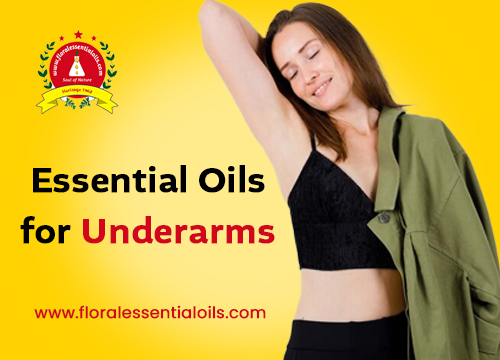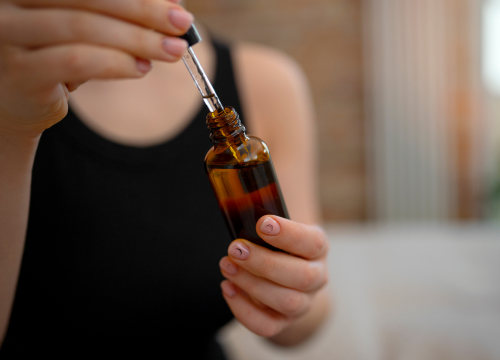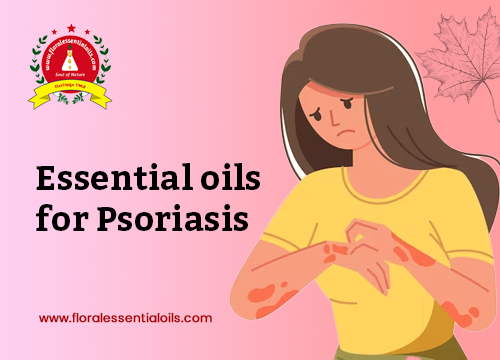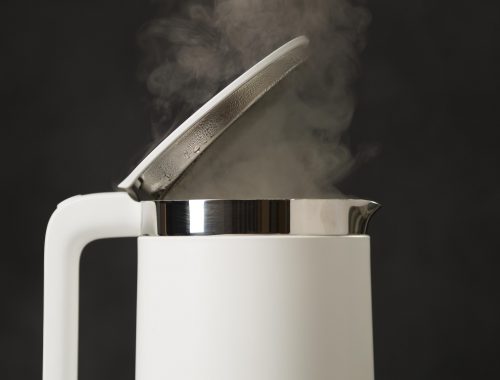We are seeking a natural and effective approach to underarm care. Essential oils are aromatic wonders. They offer a pleasant fragrance and boast many therapeutic properties. Let’s delve into the world of essential oils for underarms. We’ll explore 10 potent options, with detailed descriptions and usage instructions.
-
Lavender Oil:
Lavender oil has gained renown for its calming and antibacterial properties.
– Usage: Mix 3-4 drops with a carrier oil like coconut oil and apply before bedtime for a soothing effect.
-
Tea Tree Oil:
– Description: Tea tree oil is a powerful antibacterial and antifungal agent.
– Usage: Dilute 2-3 drops in jojoba oil and apply to underarms after showering to combat bacteria.
-
Lemon Oil:
– Description: Lemon oil has a refreshing citrus scent and acts as a natural deodorant.
– Usage: Mix 5 drops with almond oil and apply in the morning for a fresh and uplifting fragrance.
-
Peppermint Oil:
– Description: Peppermint oil provides a cooling sensation and helps control sweat.
– Usage: Dilute 3-4 drops in grapeseed oil and apply to stay cool throughout the day.
-
Eucalyptus Oil:
– Description: Eucalyptus oil has antimicrobial properties and an invigorating scent.
– Usage: Blend 3 drops with olive oil and massage onto underarms for a clean and refreshing feel.
-
Chamomile Oil:
Chamomile oil has a reputation for its soothing and anti-inflammatory qualities.
– Usage: Mix 4-5 drops with coconut oil for a gentle application, ideal for sensitive skin.
-
Rosemary Oil:
– Description: Rosemary oil has a herbaceous aroma and helps control odor.
– Usage: Dilute 3 drops in sweet almond oil and apply daily to maintain a fresh scent.
-
Geranium Oil:
– Description: Geranium oil balances oil production and imparts a floral fragrance.
– Usage: Combine 4 drops with jojoba oil for a natural, sweet-smelling deodorant.
-
Cypress Oil:
– Description: Cypress oil has a woodsy scent and aids in regulating sweat.
– Usage: Mix 3 drops with argan oil and apply as needed for a subtle, earthy aroma.
-
Frankincense Oil:
– Description: Frankincense oil offers antibacterial properties and a warm scent.
– Usage: Dilute 2-3 drops in coconut oil and apply for a sophisticated and enduring fragrance.
How to Use Essential Oils for Underarms:
- Choose a carrier oil such as coconut oil, jojoba oil, almond oil, grapeseed oil, olive oil, or argan oil.
- Mix the desired essential oil drops with the carrier oil in a small, clean container.
- Perform a patch test to ensure compatibility with your skin.
- Apply the mixture to clean the underarms. You can do this in the morning or before bedtime.
Tips for Optimal Results:
– Adjust the essential oil quantity based on personal preference and skin sensitivity.
– Store the oil blend in a cool, dark place to preserve its efficacy.
– Consider creating a personalized blend of two or more essential oils for a unique fragrance.
Adding essential oils to your underarm care routine offers a natural and delightful alternative to conventional products. It also provides therapeutic benefits for your skin. Experiment with different combinations to find the perfect blend that suits your preferences. It should also complement your body’s natural chemistry.












